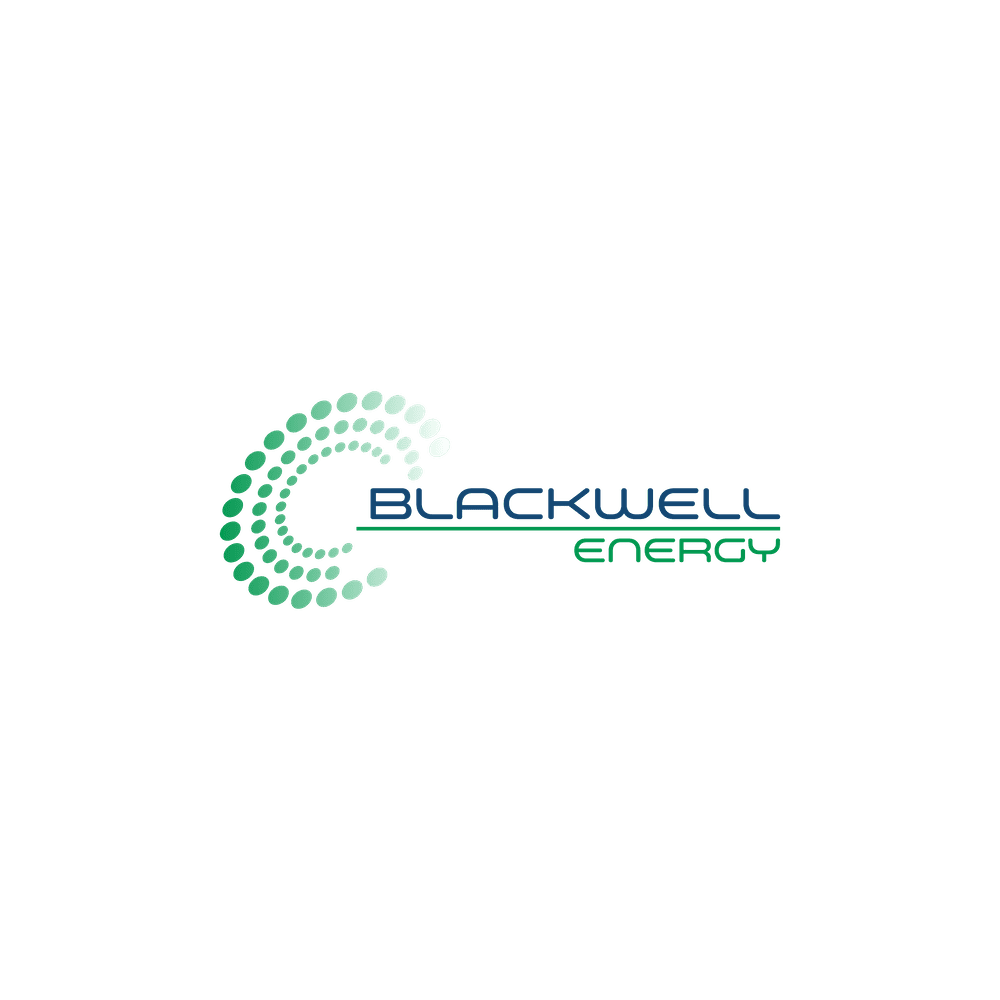FAQ's
Frequently Asked Questions
We understand that taking the decision to switch to solar is a big one we have compiled a list of the most frequently asked questions to help you every step of the way
How does a home solar system work
The solar panels convert the light into DC electricity, and the inverter converts this DC electricity into AC electricity for use in your home. The solar system will be connected to your main electricity panel
Can I add more panels to my system?
Yes, it is possible to expand most solar energy systems, but it isn’t always cost-effective for various reasons. In some cases, adding solar panels might be more complicated and expensive than it may seem, but it is typically feasible
Will my panels work in winter?
The short answer to the question above is yes, solar panels are absolutely effective in the winter. In fact, some solar panels may be more effective at generating energy in colder temperatures.
Can I charge my car from solar panels?
Solar panels are a great way to generate renewable energy, and when used in conjunction with an EV charging station, they can provide all the power you need to charge your electric vehicle.
What is installed as part of a home solar system
Solar systems are made up of solar panels (modules), a mounting system, and a solar inverter with computerised controller. Solar panels produce DC electricity from sunlight. Then the inverter converts the generated electricity into AC, so that it can be used in the household
How many solar panels do I need for my home?
Generally speaking, an average family living in a three-bedroom property will require a 10-panel array to meet their electricity needs. 10 panels equal a system size of 4 kWp using today’s average panel size of 400 watts per panel.
Why should I invest in solar energy?
Investing in solar energy can reduce your electricity bills, increase your property value, and decrease your carbon footprint. Additionally, there are various incentives and tax credits available that can lower the upfront cost of installation.
How do solar panels work in Ireland on cloudy or rainy days?
Solar panels still produce electricity on cloudy or rainy days, though their efficiency is reduced. Modern solar panels are designed to capture a broad spectrum of light, so they can generate power even under less-than-ideal conditions
Why should I invest in solar energy?
Investing in solar energy can reduce your electricity bills, increase your property value, and decrease your carbon footprint. Additionally, there are grants from SEAI as well as various incentives and tax credits available that can lower the upfront cost of installation.
Do solar panels work in Ireland on cloudy or rainy days?
Solar panels still produce electricity on cloudy or rainy days, though their efficiency is reduced. Modern solar panels are designed to capture a broad spectrum of light, so they can generate power even under less-than-ideal conditions
How long do solar panels last?
Most solar panels come with a warranty of 25 to 30 years and can continue to produce electricity beyond that period. A solar panel system that is designed, installed, and maintained well will operate very efficiently for at least 30 years. The best way to ensure and extend the life and effectiveness of your PV system is to purchase quality components from a reputable company that will guarantee that your system is correctly installed and commissioned
Can I sell excess solar energy back to the grid?
Yes, many areas have net metering programs that allow you to sell excess electricity generated by your solar panels back to the grid. This can result in credits on your utility bill and further savings
Are solar panels suitable for my home and business?
Solar panels can be a good fit for many homes and businesses, especially if you have a roof with good sun exposure and minimal shading. With a range of grants available to both homes and businesses why not speak to one of our solar consultants who can assess your property and energy needs to determine if solar is a viable option for you.
How much maintenance do solar panels require?
Solar panels require minimal maintenance. Regular cleaning to remove dust and debris and occasional inspections to ensure all components are functioning properly are typically sufficient to keep your system running efficiently. Monitoring your systems performance on your cloud based app is also a great way to detect if your system is performing at it’s capacity
What happens to solar panels during a power outage?
If your solar system is connected to the grid, it will shut down during a power outage for safety reasons. This is because a power outage can cause fluctuations in the grid voltage, which can be dangerous to the equipment and potentially harmful to the people working on it. However, there are ways to mitigate this issue, such as installing backup batteries or generators to provide power during outages and ensure that your solar system continues to operate smoothly. These solutions can be customized to fit your specific needs and preferences, allowing you to enjoy the benefits of solar energy without any interruption
How much can I save by switching to solar energy?
Given the high cost of electricity in Ireland, investing in solar energy can lead to significant savings. Systems can save home owners up to 50% on their current energy bills. Typically, the return on investment for solar panels in Ireland can be seen within 5 to 7 years. After this period, you can continue to save on your electricity bills, potentially saving tens of thousands of euros over the lifespan of your solar system
Got questions about commercial solar ?
We have compiled the answers to the most commonly asked questions about switching your company to solar power. If we haven’t answered what you’re looking for, simply get in touch and we are happy to help you. Our dedicated team are on hand to answer all your queries.
Is my company eligible for a grant?
The Irish government has launched a range of grants aimed at assisting Irish companies reduce their energy costs by installing solar pv systems. Our Commercial team is on hand to talk you through the range of grants available and how to apply
Will a solar install effect our operation capacity ?
Blackwell has experience working with a wide range of unique operational procedures and requirements. We work with each business to tailor our installs to their specific needs, ensuring their daily operations run smoothly and remain uninterrupted. Our goal is to ensure a seamless project delivery experience. By carefully managing the process we ensure a straightforward, safe and timely delivery for our clients from start to finish.
Should I install battery storage unit ?
To make the most of the solar energy systems, it’s a good idea to store any excess energy produced during the day for use during peak hours. This ensures that businesses leverage their solar investment to the fullest, creating even more significant savings on their utility bills. As a leading provider of solar energy solutions we prioritise your energy goals and budget, making every system we design storage-ready and providing you with the best options in the market.
Will my panels work in winter?
The short answer to this is yes. During winter months solar panels will obviously produce less power due to cloud cover and less daylight hours. Solar panels will generate around a 5th of their usual energy production. On the plus side increases in rain will actually help keep your panels clean which in turn increases energy yields.
Can I add more panels to my system?
Yes, it is possible to add extra panels to an existing system but in some case it may not be cost effective. Using the same make and model as your existing panels is always the best solution but sometimes this is not possible due to products limited availability. Increasing your current set up could also involve upgrading your inverter set up. Speak to one of our experts today to explore your possible solutions.

Blackwell Energy, bringing affordable solar solutions to homes and business
